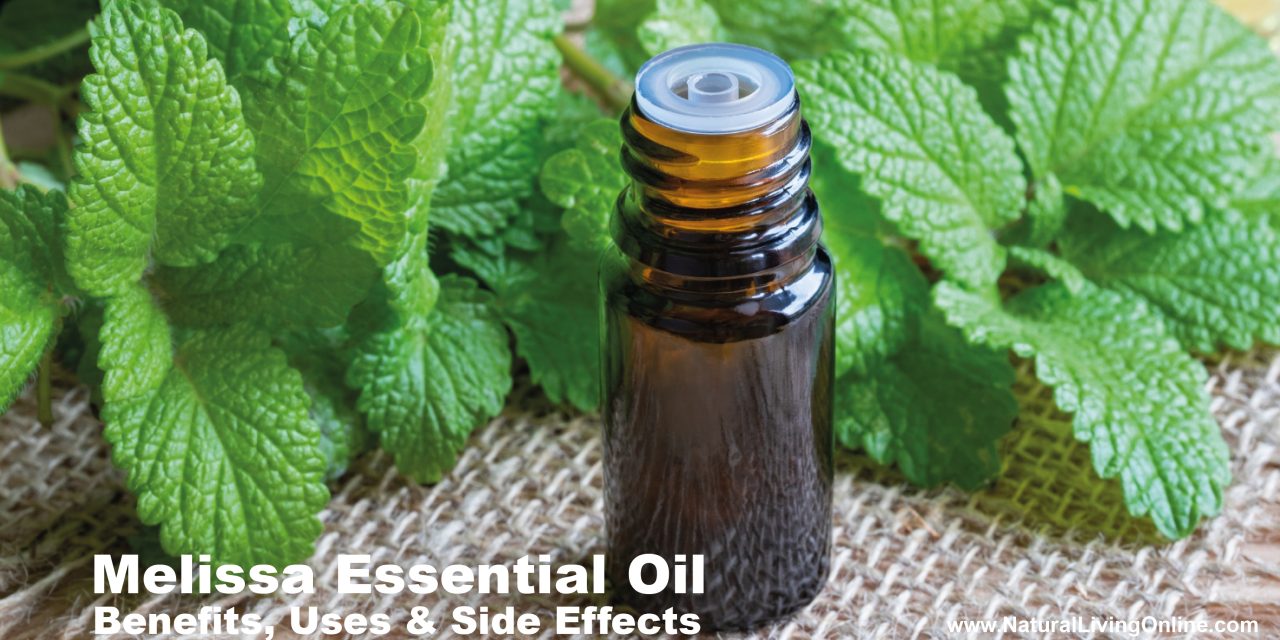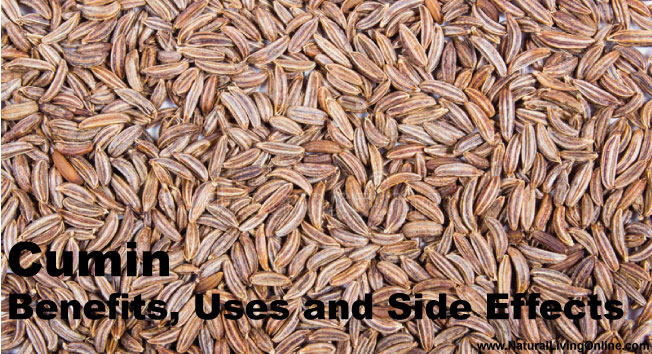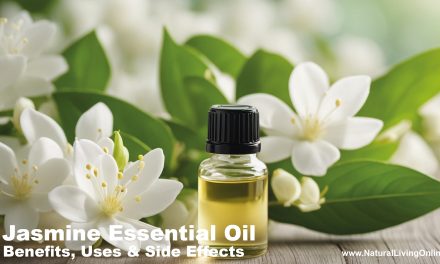Melissa essential oil, extracted from the leaves of the lemon balm plant, carries a refreshing lemony aroma that has made it popular in aromatherapy and various traditional medicine practices. Known for its calming and soothing properties, it offers a range of therapeutic benefits. Individuals often utilize it to help alleviate stress, promote relaxation, and assist with sleep disturbances.
In addition to its aromatic and therapeutic uses, melissa essential oil is also incorporated into practical applications, including skin care routines and digestive health support. It is said to have antiviral properties, making it a valuable addition to natural remedies for certain health concerns. However, like all essential oils, it is vital to understand the potential side effects and precautions to ensure safe and effective use.

Key Takeaways
- Melissa essential oil is valued for its soothing aroma and potential health benefits.
- Practical applications range from aromatherapy to topical use, each with precautions for safety.
- Quality and proper storage are important for maintaining the efficacy of melissa essential oil.
Essential Oil Profile
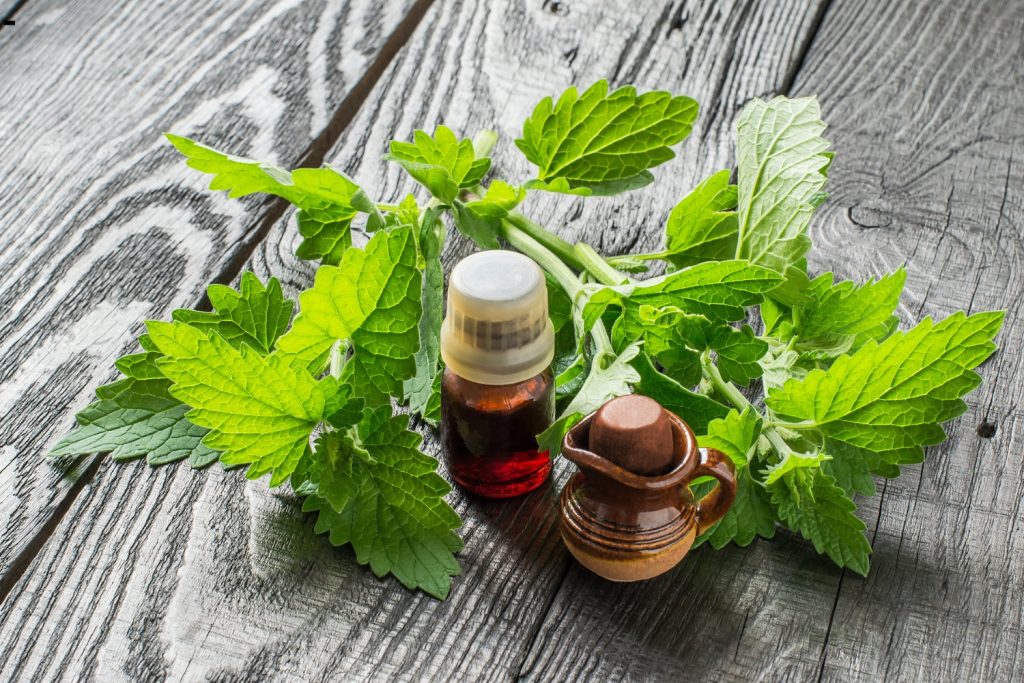
Botanical Name: Melissa officinalis
Common Names: Lemon Balm, Common Balm
Plant Family: Lamiaceae (mint family)
Countries of Origin: Melissa is native to the eastern Mediterranean region, but it is also cultivated in other parts of Europe, North America, and Asia.
Extraction Method: Melissa essential oil is typically extracted through steam distillation of the fresh leaves and flowering tops of the Melissa plant.
Parts Used: Leaves, Flowering Tops
Essential Oil Smell: Melissa essential oil has a fresh, lemony, and herbaceous aroma with sweet, floral, and citrus undertones. It is often described as uplifting, calming, and revitalizing.
Essential Oil Color: Pale yellow to light green.
Viscosity: Thin
Perfumery Note: Middle Note
Strength of Aroma: Medium
Blends Well With
- Citrus oils like lemon and bergamot
- Floral oils such as lavender and rose
- Herbal oils like basil and peppermint
- Woody oils like cedarwood and sandalwood
Therapeutic Properties
- Antiviral
- Antioxidant
- Antidepressant
- Nervine
- Sedative
- Digestive
Uses
- Stress Relief: Melissa oil is often used in aromatherapy to reduce stress, anxiety, and nervous tension. It has calming and uplifting properties that help promote relaxation and emotional well-being.
- Sleep Aid: Melissa oil is believed to have sedative effects that can help improve sleep quality and relieve insomnia. It can be diffused in the bedroom or added to a bedtime bath.
- Digestive Support: Melissa oil is used to alleviate digestive issues such as indigestion, bloating, and nausea. It can be diluted and applied topically to the abdomen or diffused during or after meals.
- Skin Care: Melissa oil is used in skincare products for its antioxidant and antimicrobial properties. It can help soothe irritated skin, reduce inflammation, and promote a clear and radiant complexion.
Contraindications
- Melissa oil is generally safe for topical and aromatic use. However, it should be used in moderation and diluted properly before applying it to the skin, as it may cause skin irritation in some individuals.
- Pregnant and breastfeeding women should consult with a healthcare professional before using Melissa oil, although it is generally considered safe when used in moderation.
Side Effects
- In rare cases, Melissa oil may cause skin irritation or allergic reactions. Perform a patch test before using it topically and discontinue use if any adverse reactions occur.
- Avoid ingesting Melissa oil in large amounts as it may cause gastrointestinal upset.
Types
- There are no specific types of Melissa oil, but different chemotypes of Melissa plants may produce essential oils with slightly different aromatic profiles and chemical compositions.
Chemical Constituents with Percentages
- The chemical composition of Melissa essential oil can vary depending on factors such as the chemotype of the Melissa plant and the extraction method used. Some of its main constituents include:
- Citral (35-70%)
- Citronellal (10-30%)
- Geraniol (5-10%)
- Caryophyllene (1-5%)
- Limonene (1-5%)
The percentages may vary depending on factors such as the age of the plant, the part of the plant used, and the environmental conditions in which the plant grows.
Therapeutic Benefits
Melissa essential oil, derived from the Melissa officinalis plant, is cherished for its wide array of therapeutic benefits. These benefits span from mental and emotional health improvements to skin healing properties and enhanced respiratory and immune system support.
Mental and Emotional Health
Melissa essential oil is a well-regarded natural remedy for various mental and emotional health issues. It is known for its anxiety-reducing qualities, helping to alleviate feelings of stress and nervousness. Its sedative properties make it useful in promoting restful sleep, thus contributing to the treatment of insomnia. Moreover, components of the oil have antidepressant effects, making it potentially beneficial for those suffering from depression.
Skin and Healing Properties
When applied to the skin, Melissa essential oil can have several positive effects. It is praised for its ability to soothe skin conditions and reduce inflammation. The oil’s antiviral qualities can aid in faster healing of cold sores and other infections. Its capability to mitigate pain related to skin issues is an added advantage. However, note that a patch test is recommended before widespread use due to the potential for skin sensitization.
Respiratory and Immune System Support
The use of Melissa essential oil can be beneficial for respiratory health by supporting the body’s immune response and combating inflammations. Its properties may assist in calming the symptoms of seasonal allergies and other respiratory concerns. The oil’s ability to boost the immune system is a cornerstone of its therapeutic profile, making it a valued addition for those seeking natural ways to maintain health.
Practical Uses and Applications
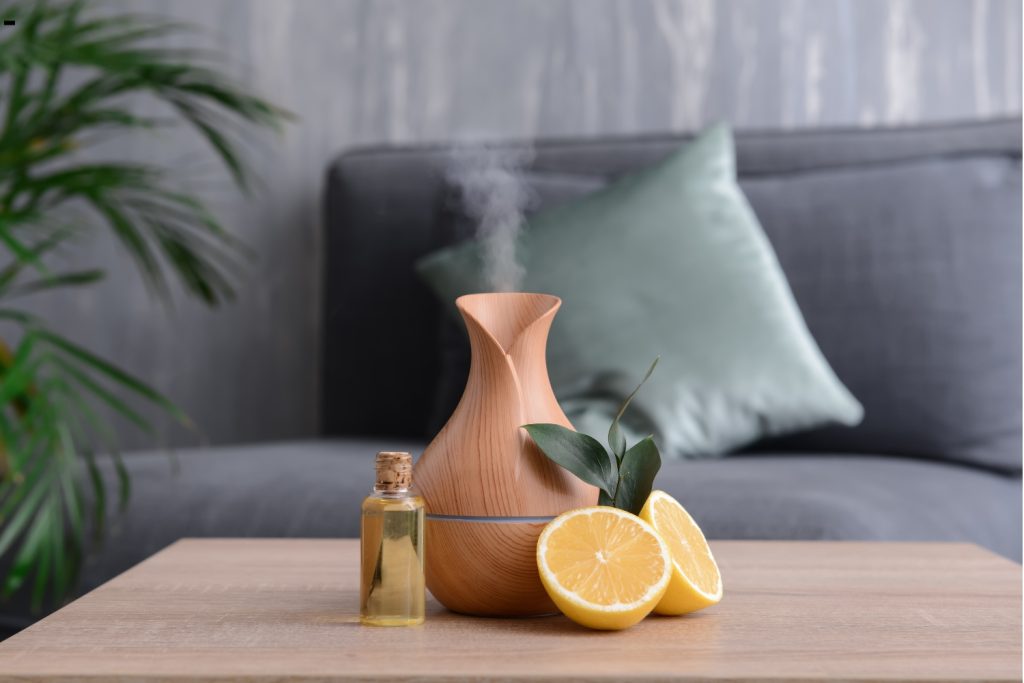
Melissa essential oil, known for its lemony scent and health-promoting properties, is commonly used in various forms including aromatherapy, skin care, and internal treatments. This essential oil has found a significant place in holistic health practices due to its versatility and effectiveness.
Aromatherapy and Perfumery
In aromatherapy, Melissa essential oil is cherished for its ability to promote relaxation and alleviate stress. When diffused, its sweet, citrus fragrance can support emotional well-being and create a tranquil environment. It’s also combined with other essential oils in perfumery to lend a fresh note to natural fragrances.
Aromatherapy Applications:
- Diffuser: Add a few drops to water in a diffuser.
- Inhalation: Inhale the scent directly from the bottle or from a cotton ball.
Perfumery Combinations:
- Mix with floral scents like lavender or rose.
- Blend with woody notes such as cedarwood for depth.
Topical Use for Skin Care and Discomfort
When mixed with a carrier oil, Melissa essential oil can be applied topically to the skin as a moisturizer or to address specific areas of discomfort. Its potential to soothe minor skin irritations makes it a helpful addition to homemade skincare formulations.
- Topical Applications:
- Moisturizer: Dilute with jojoba oil and apply for hydration.
- Discomfort: Apply a diluted mixture to areas of muscle tension.
Precaution: Always perform a patch test to ensure no adverse skin reactions.
Use in Teas and Internal Treatments
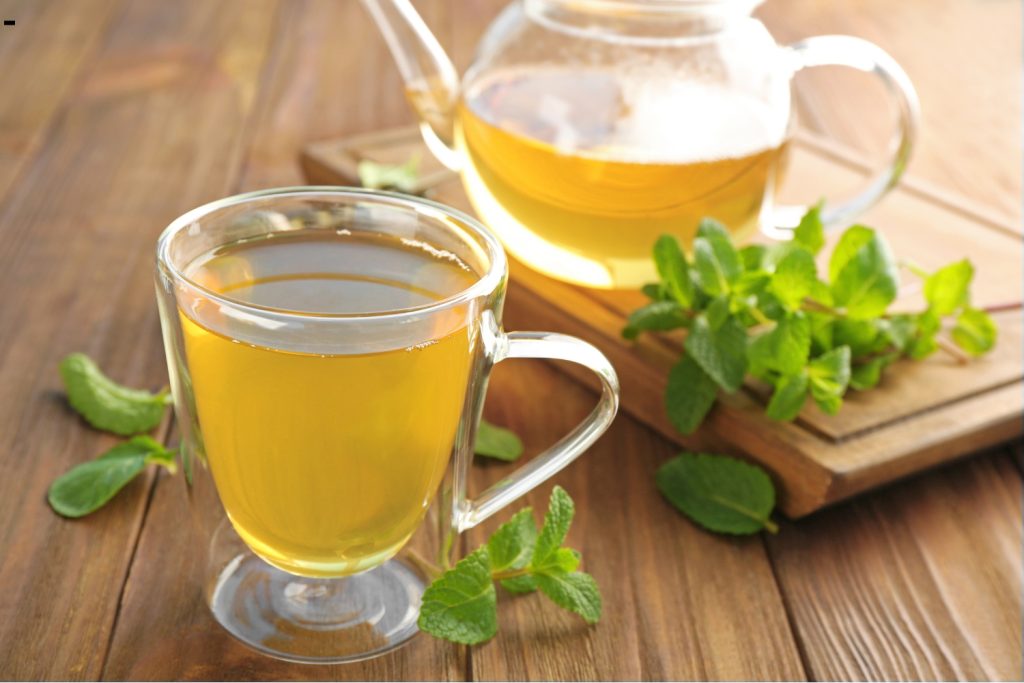
Melissa oil can infuse teas aiding with digestion and indigestion. A drop of the oil can be added to tea—always ensuring the oil is therapeutic grade and appropriate for internal use. It’s believed to support the stomach and digestive health.
- Internal Applications:
- Tea: Add a drop to warm water with honey.
- Digestive Support: Consume in a capsule form as directed by a health professional.
Note: Seek advice from a healthcare provider before ingesting essential oils.
Side Effects and Precautions
While Melissa essential oil is celebrated for its therapeutic properties, it is important to be aware of its potential side effects and necessary precautions. Individuals should be particularly cautious about skin irritation and the specific considerations that must be made for different populations.
Understanding Potential Irritations
When using Melissa essential oil, caution is advised as it may cause skin irritation in some individuals, especially if used in a concentrated form or without proper dilution. To minimize this risk, it’s recommended to perform a patch test on a small area of sensitive skin before widespread use.
- Patch Test Procedure:
- Dilute the essential oil with a carrier oil.
- Apply a small amount to the inside of your forearm.
- Cover the area with a bandage and wait 24 hours.
- Check for signs of irritation or allergic reaction.
If irritation occurs, discontinue use immediately. Furthermore, individuals suffering from health conditions like hypertension or diabetes should consult a healthcare provider before use, as essential oils can potentially interact with certain medications.
Considerations for Special Populations
Special populations such as pregnant women, nursing mothers, and children should use Melissa essential oil with extra caution. There is a lack of comprehensive research on the safety of essential oils for these groups, so it is best to err on the side of safety and avoid use unless guided by a health professional.
- Precautionary Guidelines:
- Pregnant and Nursing Women: Avoid use or consult a healthcare provider before use.
- Children: Use extremely diluted formulations or avoid altogether to prevent potential adverse effects.
In summary, while Melissa essential oil offers various health benefits, it is vital to respect its potency and approach its use with an informed and cautious mindset.
Selecting and Storing Melissa Essential Oil
When choosing Melissa essential oil, it’s crucial to consider factors that affect its purity and quality. Proper storage is also essential to maintain its efficacy and extend its shelf life.
Identifying Quality and Purity
Melissa essential oil should be sourced from a reputable supplier known for their high standards and transparent processes. A pure Melissa essential oil will typically have a clear, pale-yellow color and a fresh, lemony scent. It’s key to verify that the oil is free from fillers or synthetic additives, which can diminish its therapeutic properties. Consumers should look for certifications or testing reports that authenticate the oil’s purity.
Best Practices for Storage
To ensure the oil’s longevity and effectiveness, storing Melissa essential oil in a cool, dark location is advised. Exposure to light, air, and heat can induce oxidation, diminishing the oil’s quality. Using dark-colored glass containers, such as amber or cobalt blue bottles, can help protect the oil from ultraviolet light. The bottle should be sealed tightly to prevent exposure to air. With proper storage, Melissa essential oil can have a shelf life of up to two to three years.
Frequently Asked Questions
What are the recognized benefits of using Melissa essential oil?
Melissa essential oil is renowned for its soothing effects on both mind and body, often used to alleviate stress and promote relaxation. From easing symptoms of insomnia to reducing feelings of anxiety, it has a wide range of recognized benefits.
How can Melissa essential oil be applied for therapeutic purposes?
For therapeutic use, Melissa essential oil can be applied topically, ingested in low concentrations, or used in aromatherapy. It is important to dilute it with a carrier oil if it is being applied to the skin to avoid irritation.
What potential health benefits does Melissa essential oil provide for mental well-being?
The oil is known for its potential in supporting mental well-being, including improvements in symptoms related to nervousness and vertigo. As a nervine, it may act as a tonic for the nervous system.
Are there any common adverse reactions to using Melissa essential oil?
Though generally considered safe when used properly, common adverse reactions can include skin irritation or allergic reactions. It is advised to perform a patch test before widespread application and consult a healthcare provider if there are concerns about allergies or interactions with other medications.
Can Melissa essential oil be used to support diabetes management?
Melissa essential oil may be used as a complementary approach in managing diabetes due to its potential to help regulate blood sugar levels. However, it should not replace conventional treatments, and it is essential to consult with a healthcare professional before using it for this purpose.
In what ways is Melissa essential oil utilized for cognitive disorders such as dementia?
In cases of cognitive impairment, such as dementia, Melissa essential oil is sometimes used to help improve symptoms like agitation. Research suggests it might have memory-enhancing and neuroprotective properties beneficial for cognitive disorders. However, further studies are needed, and healthcare professionals should use it as part of a comprehensive treatment plan.
References:
THE ESSENTIAL OIL OF LEMON BALM (Melissa officinalis L.), ITS COMPONENTS AND USING FIELDS
Melissa officinalis: Composition, Pharmacological Effects and Derived Release Systems—A Review
Essential Oil Component in Flower of Lemon Balm (Melissa officinalis L.)
Melissa officinalis L. essential oil: antitumoral and antioxidant activities
This website does not provide medical advice.
All information provided on this website, and on associated social media networks, including but not limited to texts, images, and numbers are for general information purpose only. It is not intended as medical advice and it does not include all possible precautions, side effects, or interactions that may occur. Neither NaturalLivingOnline.com nor its author/founder take responsibility for how you use this information. Statements contained on NaturalLivingOnline.com have not been evaluated by the FDA. You should conduct thorough research via multiple sources and consult your physician or qualified doctor before using any essential oil or herbal remedy. Information on NaturalLivingOnline.com must not be relied upon for medical, legal, financial or other decisions.

